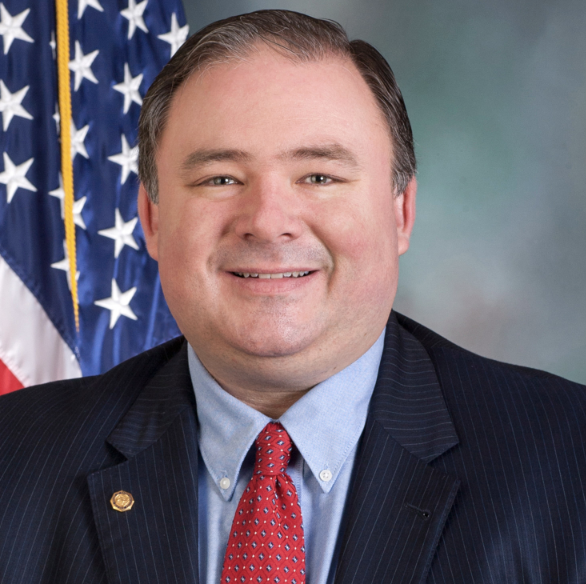Towamencin to Continue Sewer Sale in Spite of ‘Home Rule’ Charter

The Towamencin Board of Supervisors will continue with its planned sale of the municipal sewer system even after residents voted to pass a charter that scrapped the sale and gave citizens more control over municipal water ownership.
Residents were successful in last month’s primary election in passing a “home rule charter” that effectively negated the proposed sale of the sewer system. The charter passage resulted from efforts by a local chapter of the group Neighbors Opposing Privatization Efforts (NOPE) to halt the utility sale to the controller Pennsylvania-American Water Company (PAWC).
In a statement after the primary results, the Board of Supervisors said it “acknowledge[d] that the Charter will be the law of the Township as of July 1,” but the relevant issue “is whether a prospective law can upend a contract.”
“[T]he Township legal team does not believe the passage of the Home Rule Charter negates the sewer sale under current Pennsylvania law and the Pennsylvania Constitution,” the board said.
“There is strong legal precedent against overturning pre-existing contracts based on the passage of new laws. As such, we do not intend to seek to terminate the contract.”
Towamencin officials could not be reached for comment on the proposed sale. Town resident Kofi Osei, who helped lead the local NOPE chapter to victory in the primary vote, said a lawsuit might be in the works if the town fails to back down.
“The charter is effective July 1, so if neither party attempts to terminate the contract, we will pursue legal action,” he said.
“We haven’t really started that process yet, so there is quite some time before the sale possibly closes,” he added.
“If this goes to court, I believe it will be a landmark case about the extent home rule charters can restrict local governments.”
May’s successful charter vote came after the Towamencin Board of Supervisors voted to sell the town’s sewer system to NextEra Energy in May 2022, with the proposed sale eventually being shifted to PAWC.
Residents revolted against the proposal, leading to a citizen’s commission and the home rule proposal that effectively revokes the town’s utility sale.
The town had moved to sell the utility under Pennsylvania’s Act 12. Passed in 2016, the rule modified the state’s regulations for the valuation and purchase of municipal water systems, allowing private concerns to buy more of them.
Residents around the Delaware Valley and the state have united against proposed utility sales in recent years, with NOPE chapters springing up in Bucks County and other parts of Montgomery County.
In April, persistent resident protests led the supervisors of Chester County’s Willistown to drop a proposed utility sale to Aqua PA, invoking a kill clause in the contract after several years of debate.
Aqua has also moved to take over utilities such as the Delaware County Regional Water Authority, though a judge earlier this year ordered a stay on that deal due to contract disputes.
State Rep. John Lawrence (R-West Grove) has proposed repealing Act 12, claiming the rule had resulted in significantly higher utility fees for ratepayers around the state.
Osei said he expects any lawsuit brought by residents to ensnare the deal in a web of protracted legal proceedings.
“I personally think it would take years to fall in the Township/PAWC’s favor.”
Please follow DVJournal on social media: Twitter@DVJournal or Facebook.com/DelawareValleyJournal




